EndSARS, Aba women riot & 3 historical protests that shook Nigeria
![The EndSARS protest remain one of the most significant demonstration by the masses in modern-Nigeria. [Getty Images]](https://ocdn.eu/pulscms/MDA_/68bca1eb9d89b61d420df3c8c2f56991.jpg)
These protests underscore the resilience and activism of the Nigerian people in their pursuit of justice, equity, and better governance.
Ahead of the planned nationwide protest against President Bola Tinubu's administration, lawmakers and other government officials have appealed to Nigerian youths to shun the protest and seek dialogue for resolution.
It is believed that the federal government has already stepped up advocacy and appeals to avoid what happened in Kenya a few weeks ago.
The planned demonstration slated for Thursday, August 1, further stretches Nigeria's rich history of civil protests driven by various socio-political and economic issues.
These protests have significantly influenced the country's trajectory. Here are five historical protests that have left an indelible mark on Nigeria:
1. Aba Women's Riot (1929)
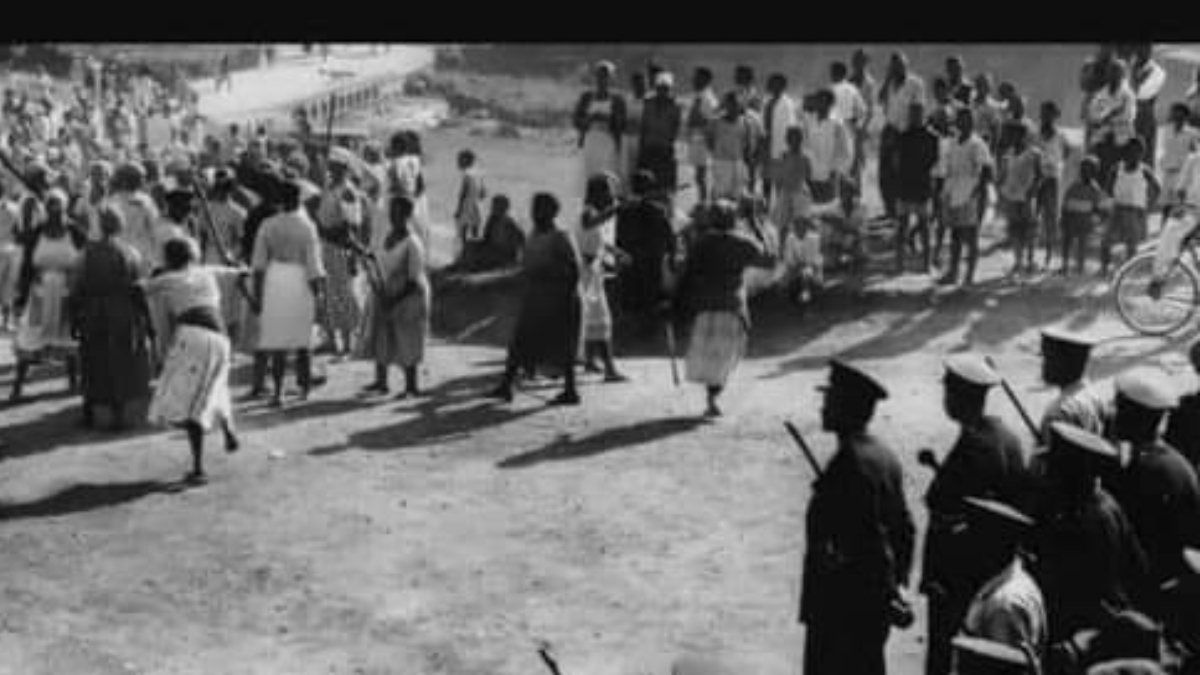
The Aba Women's Riot, also known as the Women's War, was a major anti-colonial revolt by women in southeastern Nigeria.
On November 1929, thousands of Igbo women marched against the British colonial authorities' imposition of taxes on women, a policy seen as exploitative and unjust.
READ ALSO: We'll manage protest professionally - IGP promises response to Aug 1 protest
The women used their traditional practice of "sitting on a man" to express their displeasure, which included singing and dancing around the houses of warrant chiefs and colonial officials.
The protests, which lasted until early 1930, resulted in the deaths of about 50 women but forced the colonial government to abandon the tax and revise its policies regarding women.
2. The Enugu Coal Miners' Strike (1949)
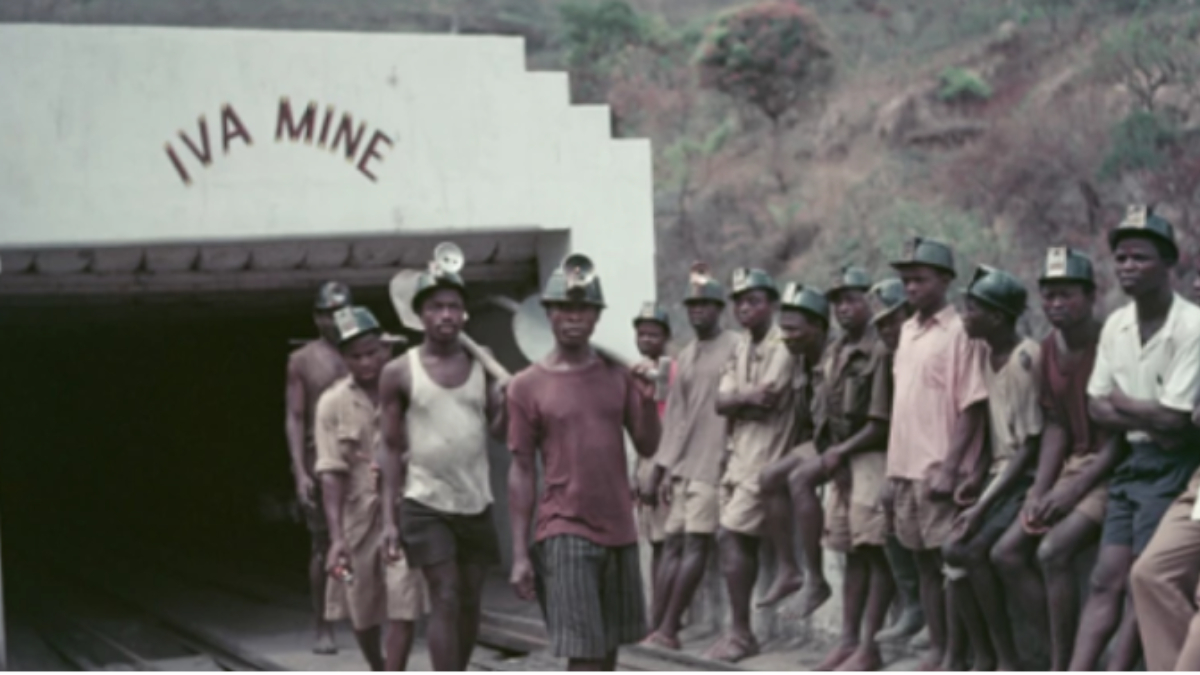
In 1949, Enugu coal miners went on strike to demand better working conditions and higher wages.
The strike, which began in November, quickly escalated when British colonial police opened fire on the striking workers at the Iva Valley mine on November 18, killing 21 miners and injuring 51 others.
This tragic event intensified nationalist sentiments and fueled the struggle for Nigeria's independence, which was eventually achieved in 1960.
3. Ali Must Go Protests (1978)
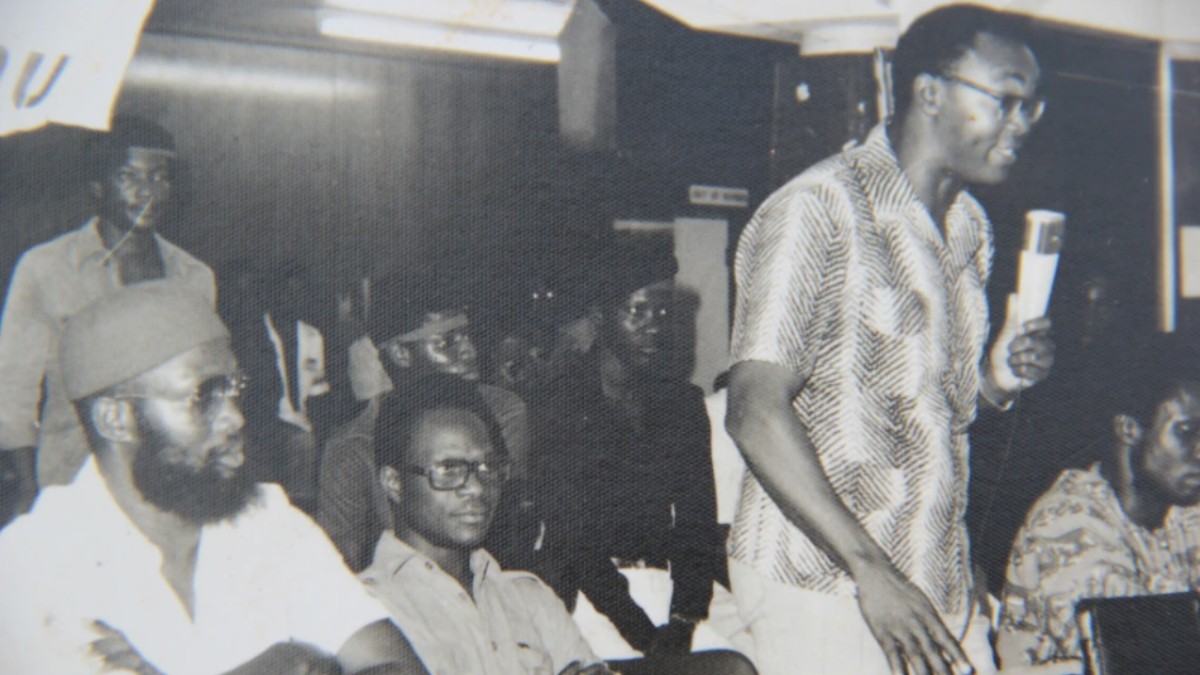
In 1978, Nigerian students launched nationwide protests against the increase in tuition fees and the reduction of student grants by the military government led by General Olusegun Obasanjo.
The protests were sparked by a speech from the then-Education Minister, Colonel Ahmadu Ali, who insisted on the policy changes despite widespread discontent. The protests, known as "Ali Must Go," culminated in violent clashes with security forces, leading to the deaths of several students and the temporary closure of universities across the country.
The demonstrations forced the government to reassess its educational policies and highlighted the power of student activism in Nigeria.
4. Occupy Nigeria (2012)
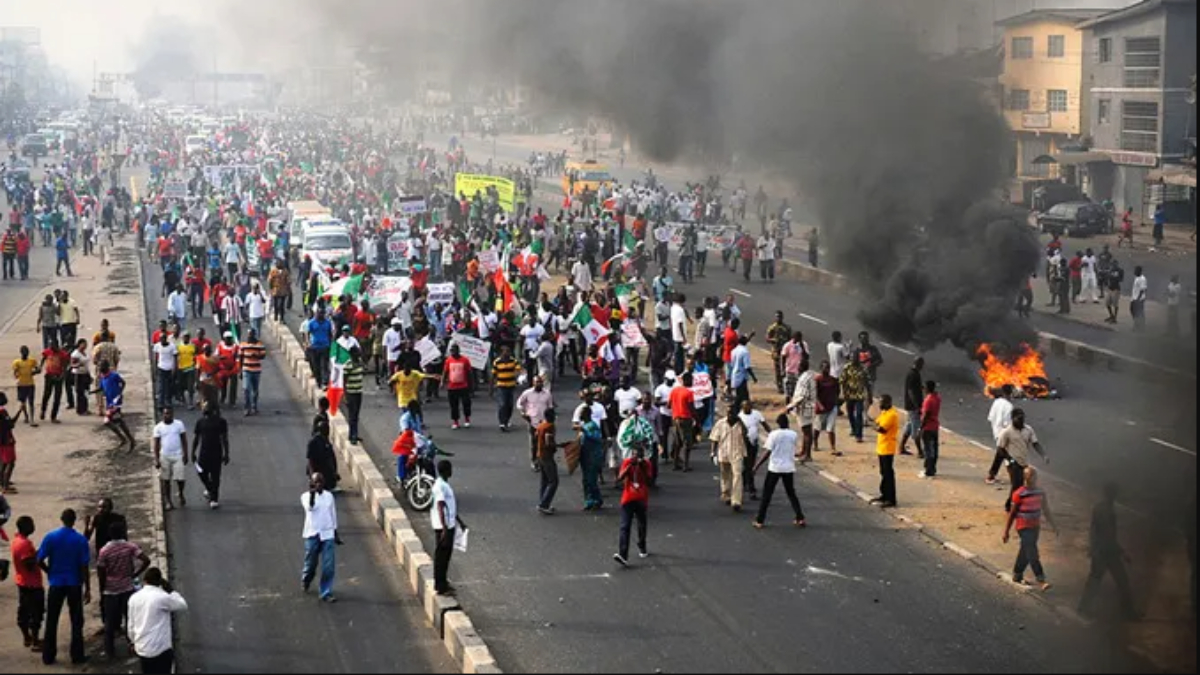
The Occupy Nigeria movement was a series of protests and strikes that erupted in January 2012 in response to the government's removal of fuel subsidies, which led to a sharp increase in fuel prices.
The protests began on January 2 and lasted for over a week, bringing major cities like Lagos, Abuja, and Kano to a standstill.
READ ALSO: Nigeria is rotten but planned protest is politically motivated - Wike
Organised by labour unions, civil society groups, and ordinary citizens, the movement drew attention to issues of corruption, economic mismanagement, and the high cost of living.
Following the massive public outcry, the government eventually reinstated partial subsidies.
5. EndSARS Protests (2020)
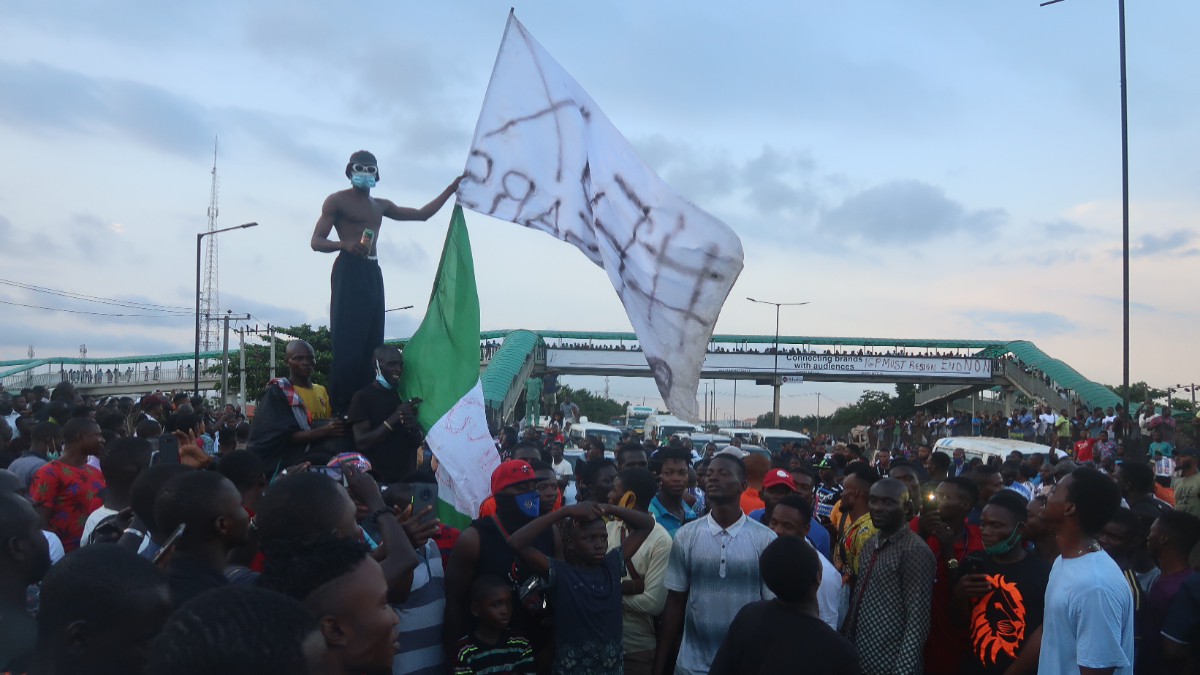
One of the most significant recent protests was the EndSARS movement in October 2020. It began as a social media campaign against the Special Anti-Robbery Squad (SARS), a unit of the Nigerian Police Force accused of widespread human rights abuses, including extrajudicial killings, torture, and extortion.
The protests quickly gained momentum, with thousands of young Nigerians taking to the streets in cities across the country.
The government initially disbanded SARS on October 11, but protests continued, demanding comprehensive police reform.
The movement culminated in the tragic Lekki Toll Gate shooting on October 20, where security forces allegedly opened fire on unarmed protesters, resulting in multiple deaths and injuries.
This incident drew international condemnation and spotlighted governance and human rights issues in Nigeria.
ridoola.blogspot.com.ng
Comments
Post a Comment